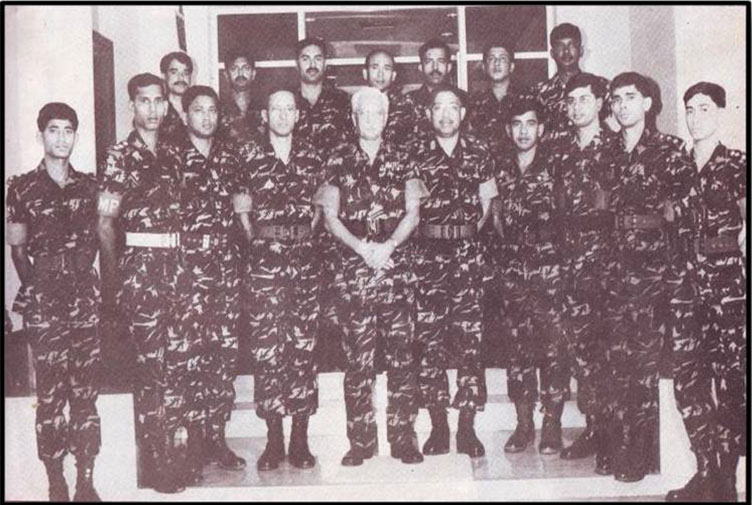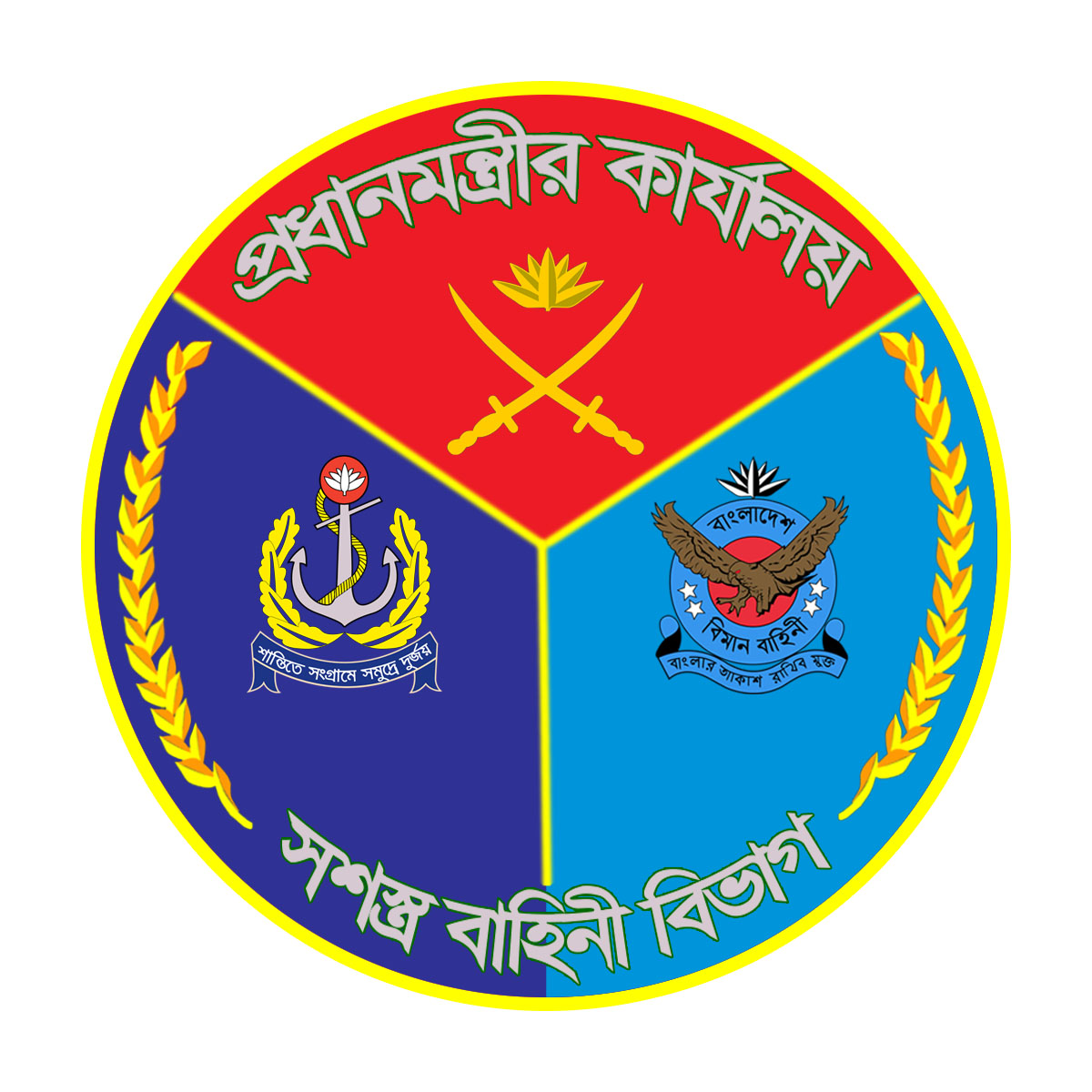
One of the major sources of national motivation of Bangladesh for Global Peace is the glorious Liberation War. In 1971, the nation experienced genocide, persecution, suffering, displacement, torture and horror of humanitarian crisis. That enables the people of Bangladesh to better understand the plight of a distressed population/nation.
Another major source of the inspiration is Constitutional Obligation. The vow for establishing peace and security that emanates from the principles enshrined in the Constitution of Bangladesh. The Preamble to the Constitution reads “We may prosper in freedom and may make our full contribution towards international peace and co-operation in keeping with the progressive aspirations of mankind”.
Besides, the national intent is clearly pronounced through the foreign policy of Bangladesh. There are four basic principles of foreign policy of Bangladesh. It also promotes international peace, security and solidarity. There are various significances of these principles, such as Bangladesh believes in ‘culture of cooperation’ over ‘culture of conflict’, peaceful settlement of disputes and peaceful changes in international arena.
Protection of civilians is the most important mandate of UN Peace Operations these days. Culturally, in the Bangladesh Armed Forces, Social Face is predominant over Warrior Face; Protecting People is predominant over Fighting Enemy. Therefore, Bangladesh considers UN mission as proving grounds for the Armed Forces as Protector of People. Peacekeepers of Bangladesh are also motivated as such.
Participation in UN Peace Operation greatly enhances the image of the country, which ultimately helps the overall progress of Bangladesh.

Photo: A Team of 15 Army Officers in 1988 (UNIIMOG)
The journey of Bangladeshi peacekeepers attiring the Blue Helmet began in 1988 by sending 15 observers to United Nations Iraq-Iran Military Observer Group mission (UNIIMOG). Bangladesh Police joined in the next year (1989). Subsequently, Bangladesh Navy and Bangladesh Air Force joined United Nations peacekeeping operations in 1993. Bangladesh Armed Forces has always been responding promptly to the United Nations’ call for strengthening world peace and stability by contributing her troops, including the police contingents for peacekeeping. Till date, Bangladesh has successfully completed 63 Peacekeeping missions/assignments in around 43 countries/locations where 1,78,743 peacekeepers from Bangladesh Armed Forces have taken part. Bangladesh is one of the leading troops contributing countries with a total of 5,619 peacekeepers currently deployed in 10 countries/locations.
Current Deployment
|
Country/Location |
Name of Mission/Assignment |
| Abyei | |
| CAR | |
| Cyprus | |
|
DR Congo |
|
|
Lebanon |
|
|
South Sudan |
|
|
Western Sahara |
|
|
Yemen |
|
| Libya | |
| USA (New York) |
UNHQ |
Completed Deployment
|
Country/Location |
Name of Mission/Assignment |
|
Afghanistan/Afghanistan-Pakistan |
UNAMA/UNSMA/UNGOMAP |
|
Angola |
UNAVEM & UNAVEM III |
|
Bosnia |
UNMIBH |
|
Burundi |
BINUB |
|
Cambodia |
UNAMIC/ UNTAC/UNMLT |
|
Congo |
MONUC/MONUSCO |
|
Croatia/East Slovenia |
UNTAES |
|
East Timor |
UNAMET/UNTAET/UNMISET |
|
Ethiopia / Eritrea |
UNMEE |
|
Georgia |
UNOMIG |
|
Haiti |
UNMIH/ MNF/MINUSTAH |
|
Iraq |
UNGCI/UNMOVIC |
|
Iran |
UNIIMOG |
|
Ivory Coast |
MINUCI/ONUCI/UNOCI |
|
Kosovo |
UNMIK |
|
Kuwait |
UNIKOM |
|
Liberia |
UNOMIL/UNMIL |
|
Macedonia |
UNPREDEP |
|
Mozambique |
ONUMOZ |
|
Namibia |
UNTAG |
|
Rwanda |
UNAMIR |
|
Sierra Leone |
UNAMSIL/ UNIOSIL |
|
Somalia |
UNOSOM-I –II/AMISOM |
|
Sudan |
UNMIS |
|
South Sudan |
UNMISS |
|
Tajikistan |
UNMOT |
|
Uganda / Rwanda |
UNOMUR |
|
Western Sahara |
MINURSO |
|
Yugoslavia (Former) |
UNPROFOR / UNMOP |
|
CAR & Chad |
MINURCAT |
|
Darfur |
UNAMID |
|
Lebanon |
UNIFIL |
|
West Africa |
UNOWA |
|
UNSOA (Nairobi) |
UNSOA |
|
Syria |
UNSMIS |
|
Mali |
MINUSMA |
|
CAR |
MINUSCA |
|
Somalia |
UNSOM |
|
Office of the African Union |
UNOAU |
|
Abyei |
UNISFA |
|
Cyprus |
UNFICYP |
|
Yemen |
UNMHA |
|
Sudan |
UNITAMS |
|
UNHQ |
UNDPO |

 PSO AFD
PSO AFD

 NIS (শুদ্ধাচার কৌশল)
NIS (শুদ্ধাচার কৌশল)